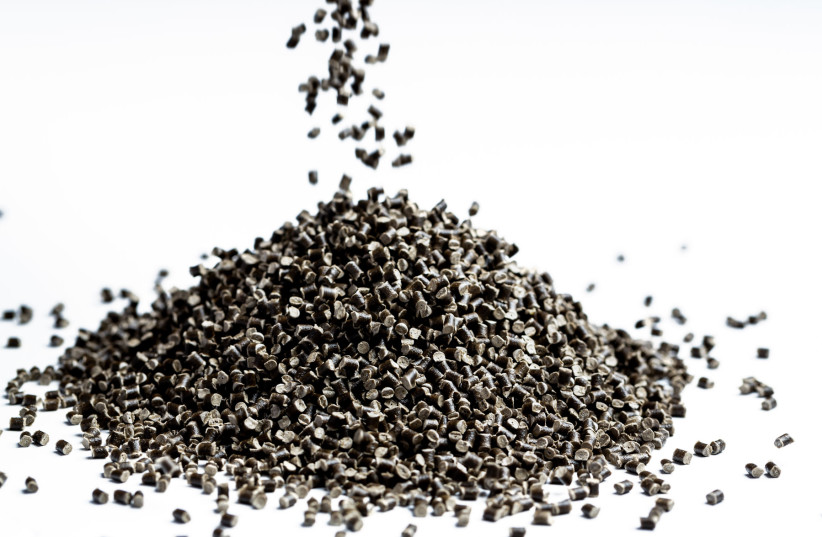Israeli startup UBQ Materials, which develops a world-leading, patented and climate-positive thermoplastic material, announced in late February that they have reached new agreements with leading food and beverage corporations Nestle and Anheuser-Busch.
The latest collaboration will see Anheuser-Busch’s Brazil-based subsidiary, Anheuser-Busch InBev, implement UBQ’s eponymously-named material (short for ubiquitous) into their packaging production process – with considerations into expanding the implementation of UBQ into other projects in Europe and test the feasibility of mass-adoption of the material. They will also see Nestle’s Israel-based subsidiary implement the material into logistics pallets used in the Osem-Nestlé’s Tzabar Salads product line.
“Using waste in the form of a recyclable substitute for plastic helps cater to the environment in more ways than one. We remain committed to having a positive impact on the ecosystem and contributing to a circular economy” said Karina Turci, Packaging Sustainability Manager at Ambev.
UBQ Materials uses a patented conversion process to turn landfill-destined municipal solid waste, including all organics, into a climate-positive, cost-competitive and fully recyclable plastic substitute – thus offering a sustainable alternative to plastic, wood or concrete.

“Environmental responsibility extends beyond the consumer-facing products and runs through the entire supply chain. Pallets made with UBQ™ are one example of an opportunity for an impact that occurs behind the scenes in our logistics infrastructure,” said Amit Ron, packaging manager at Osem-Nestle.
UBQ has a wide array of applications in the retail and logistics industry, including trays, shopping carts, baskets, bins, crates, displays, and various other products. Pallets made with UBQ are just the start within this sector, as demand continues to grow across global consumer brands for more sustainable materials across the supply chain. Brazil, for example, made a public commitment to cease the use of plastics in its packaging by 2025 and continues to invest in sustainable alternatives across its entire production chain.
InBev in particular has previously announced commitments to produce most of its packaging from recycled materials, purchase all of its electricity from renewable sources, improve water quality and more.
“Waste is the most abundant resource available. Wherever humans live, manufacture, and operate, our technology can make a difference,” said Albert Douer, Chairman and Co-CEO of UBQ Materials. (UBQ is short for "ubiquitous" – found everywhere.)
“Ambev is taking an important step in offsetting its carbon footprint and pushing back against methane emissions. We are happy to be catalyzing this change.”
Natan Rothstein contributed to this report.
